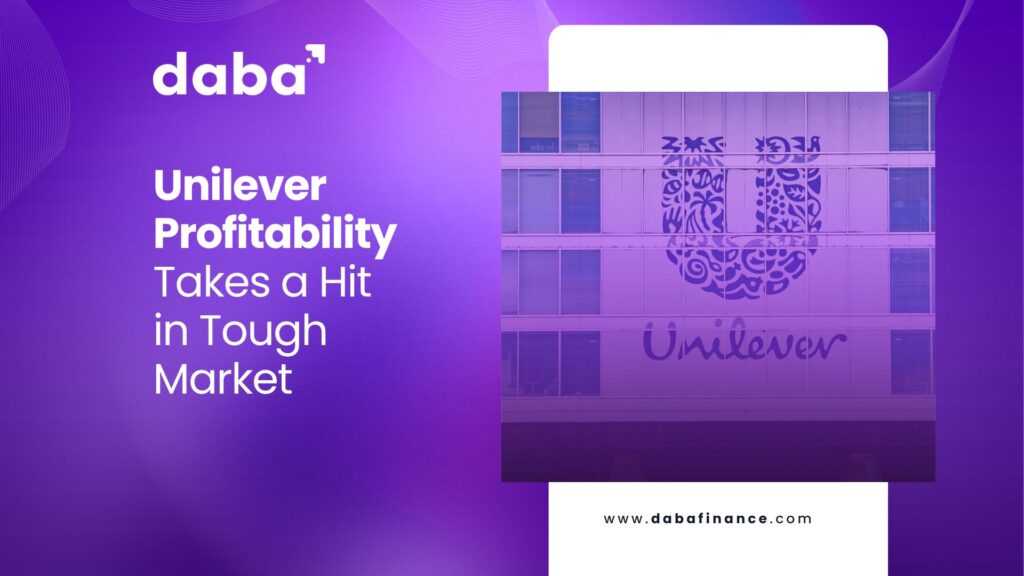Unilever Profitability Takes a Hit in Tough Market
3 min Read September 13, 2024 at 10:46 AM UTC

Unilever Côte d’Ivoire’s 2023 financial results highlight the company’s struggle to maintain profitability in a challenging market environment.
Despite some growth in assets and revenues, the company reported a significant net loss, pointing to broader challenges in cost management and operational efficiency.
The most striking aspect of the report is the company’s net loss of 6.9 billion CFA francs. This sharp decline from a profit of 640 million CFA in 2022 largely stems from high operating expenses and a significant increase in financial liabilities. The rise in debt, which included both long-term and short-term financial obligations, placed a heavy burden on the company’s balance sheet.
Unilever’s revenues showed moderate performance in 2023.
The company generated a total turnover of 55.7 billion CFA, a notable increase compared to the previous year. This revenue growth reflects a steady demand for its products in the Ivorian market. However, the costs associated with production and distribution escalated, leading to an erosion of profit margins.
The company’s assets stood at 39.05 billion CFA at the end of 2023, a rise compared to 2022’s 29.57 billion CFA. This growth in assets reflects the company’s investments in various forms of property, plants, and equipment.
However, these increases in fixed assets did not translate into immediate profitability, as the company’s operational challenges outweighed the benefits of these investments.
One of the most concerning aspects of the report is the rise in financial liabilities.
Unilever Côte d’Ivoire’s total liabilities, including both short-term and long-term debts, amounted to 14.87 billion CFA in 2023. This figure represents a significant increase over the previous year, indicating that the company has relied heavily on external financing to maintain operations. High-interest expenses from these borrowings further exacerbated the company’s financial difficulties, contributing to its overall loss.
In terms of cash flow, Unilever faced considerable strain.
The company’s operational cash flow was not sufficient to cover its financing and investing activities, leading to a negative cash position by the end of the year. This lack of liquidity placed additional stress on the company’s ability to meet short-term obligations, including supplier payments and employee salaries.
While Unilever Côte d’Ivoire managed to grow its revenue base, the combination of high operating costs, increased debt, and poor cash flow management undermined its financial stability in 2023.
The company will need to take significant steps to reduce its liabilities, streamline operations, and improve cash flow to return to profitability in the coming years.
As it stands, the company’s future success will likely depend on its ability to effectively manage costs, renegotiate debt, and possibly increase prices or find efficiencies in production to better absorb the growing operational expenses.
Without these improvements, Unilever may continue to face financial challenges in an increasingly competitive and cost-sensitive market environment.

Unilever stock (UNLC) began the year with a share price of 5,000 XOF and has since gained 46% on that price valuation, ranking it third on the BRVM in terms of year-to-date performance. The stock has accrued 21% over the past four-week period alone—second best on BRVM.
This material has been presented for informational and educational purposes only. The views expressed in the articles above are generalized and may not be appropriate for all investors. The information contained in this article should not be construed as, and may not be used in connection with, an offer to sell, or a solicitation of an offer to buy or hold, an interest in any security or investment product. There is no guarantee that past performance will recur or result in a positive outcome. Carefully consider your financial situation, including investment objective, time horizon, risk tolerance, and fees prior to making any investment decisions. No level of diversification or asset allocation can ensure profits or guarantee against losses. Articles do not reflect the views of DABA ADVISORS LLC and do not provide investment advice to Daba’s clients. Daba is not engaged in rendering tax, legal or accounting advice. Please consult a qualified professional for this type of service.

Next Frontier
Stay up to date on major news and events in African markets. Delivered weekly.
Pulse54
UDeep-dives into what’s old and new in Africa’s investment landscape. Delivered twice monthly.
Events
Sign up to stay informed about our regular webinars, product launches, and exhibitions.

